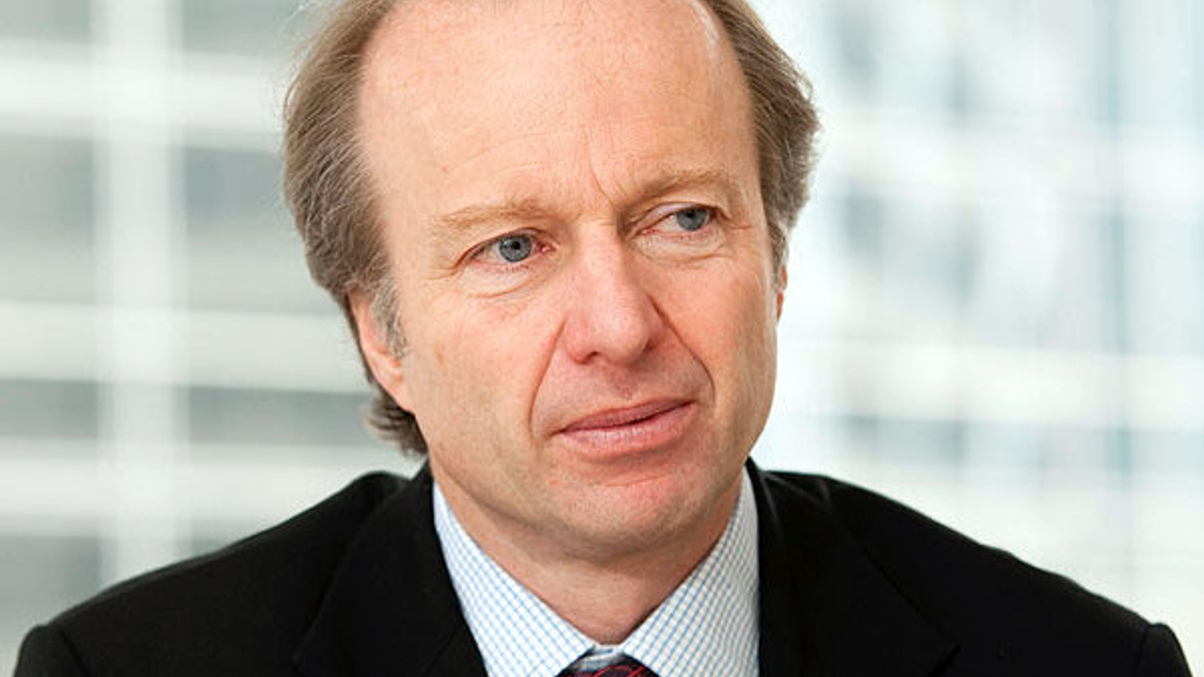Alder confronts changing role of regulators
Hong Kong SFC chief Ashley Alder says there has been a radical change in regulatory attitude since the 2008 crisis, meaning global industry cooperation is now key.

A radical sea-change in the way regulators and financial authorities operate is taking place worldwide amid a post-crisis shift in focus to systemic risk, a forum heard.
Sign in to read on!
Registered users get 2 free articles in 30 days.
Subscribers have full unlimited access to AsianInvestor
Not signed up? New users get 2 free articles per month, plus a 7-day unlimited free trial.
¬ Haymarket Media Limited. All rights reserved.


